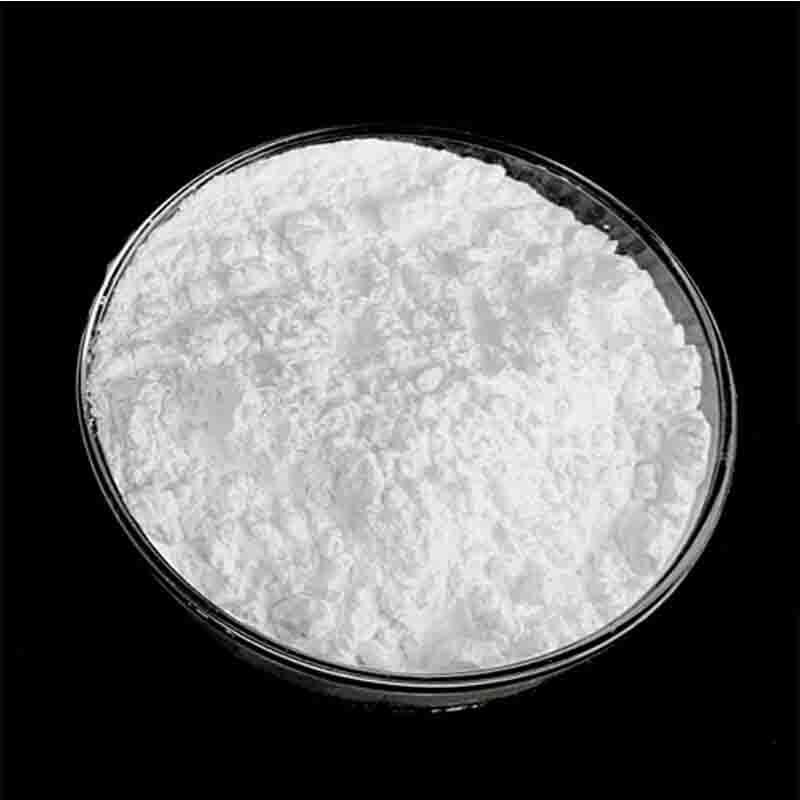Mov disorder: revealing the molecular mechanism of inhibiting Parkinson's disease
-
Last Update: 2020-02-16
-
Source: Internet
-
Author: User
Search more information of high quality chemicals, good prices and reliable suppliers, visit
www.echemi.com
February 16, 2020 / BIOON / -- according to a recent study, a promising molecule offers hope for new therapies that can prevent or delay Parkinson's disease Researchers at the University of Helsinki have found that bt13 may both raise dopamine levels and protect dopamine producing brain cells from death The results of the study, CO funded by the University of Parkinson in the UK, are published online today in the journal movement disorders The results showed that dopamine levels in the brain of mice increased after injection of the molecule In addition, bt13 activates specific receptors in the mouse brain to protect cells (image source: www Pixabay Com) generally, by the time people are diagnosed with Parkinson's disease, they have lost 70-80% of their dopamine secreting cells Although the current treatment can alleviate symptoms, there is no way to slow down its progress or prevent the loss of more brain cells, and as the level of dopamine continues to decline, the symptoms will aggravate, and new symptoms may appear Now researchers are working to improve the performance of bt13 as a potential treatment that, if successful, could benefit 145000 people with Parkinson's disease in the UK This study is based on a previous study of another molecular glial cell line neurotrophic factor (GDNF) targeting the same receptor in the brain, an experimental treatment for Parkinson's disease However, GDNF protein requires complex surgery to deliver drugs to the brain because it is a large molecule that cannot cross the blood-brain barrier In contrast, the smaller molecule bt13 can cross the blood-brain barrier, so it can be more easily used as a therapeutic drug if it is proved to be beneficial in further clinical trials Professor David Dexter, deputy director of research at the University of Parkinson's in the UK, said: "Parkinson's patients urgently need a new treatment to prevent the development of the disease, rather than just cover up the symptoms One of the biggest challenges of Parkinson's disease research is how to make drugs surpass the blood-brain barrier Therefore, the discovery of bt13 has opened up a new way for research and exploration This molecule has a great prospect and is expected to become a method to slow or accelerate thrombosis, so as to effectively treat Parkinson's disease Source of information: Mobile offers hope for having Parkinson's original source: Arun Kumar Mahato et al, global cell line – derived neural factor receiver rearranging during transportation agonist supports dopamine circuits in vitro and enhancements dopamine release in vivo, movement orders (2019) Doi: 10.1002/mds.27943
This article is an English version of an article which is originally in the Chinese language on echemi.com and is provided for information purposes only.
This website makes no representation or warranty of any kind, either expressed or implied, as to the accuracy, completeness ownership or reliability of
the article or any translations thereof. If you have any concerns or complaints relating to the article, please send an email, providing a detailed
description of the concern or complaint, to
service@echemi.com. A staff member will contact you within 5 working days. Once verified, infringing content
will be removed immediately.







